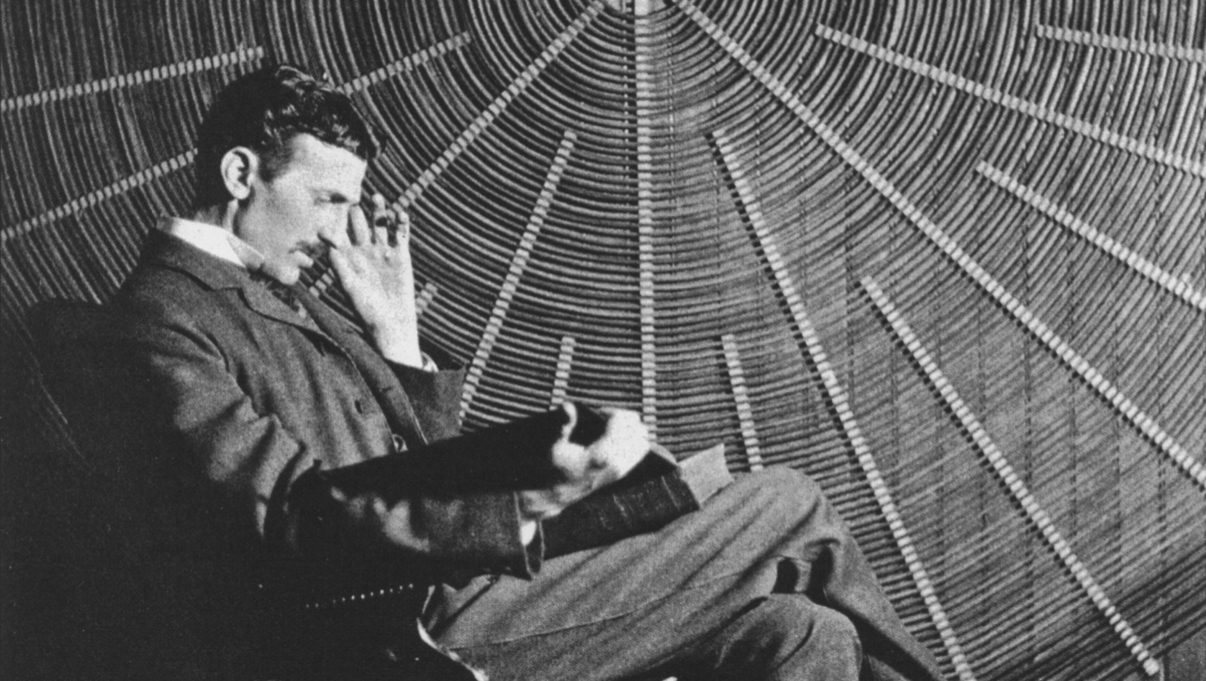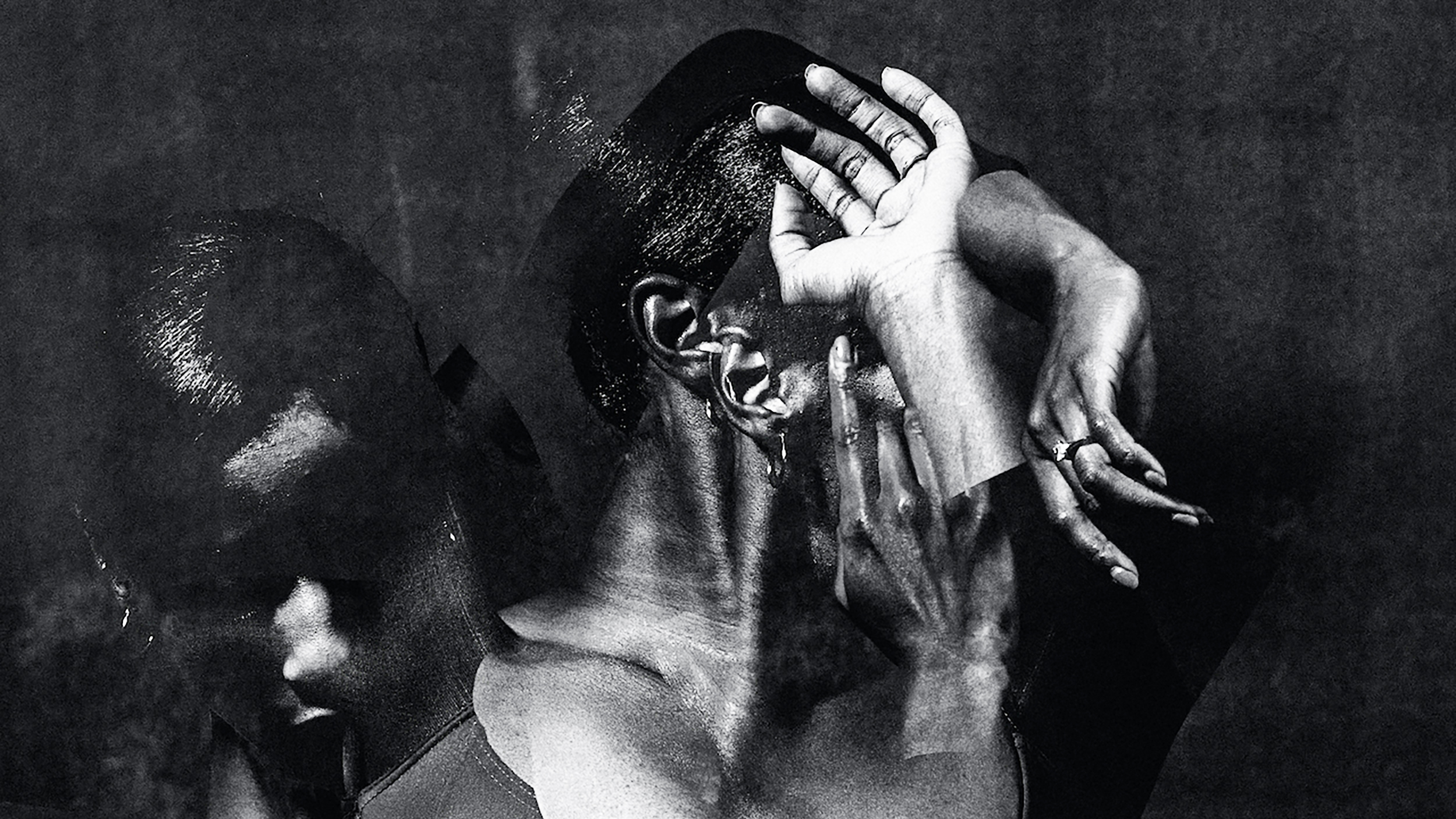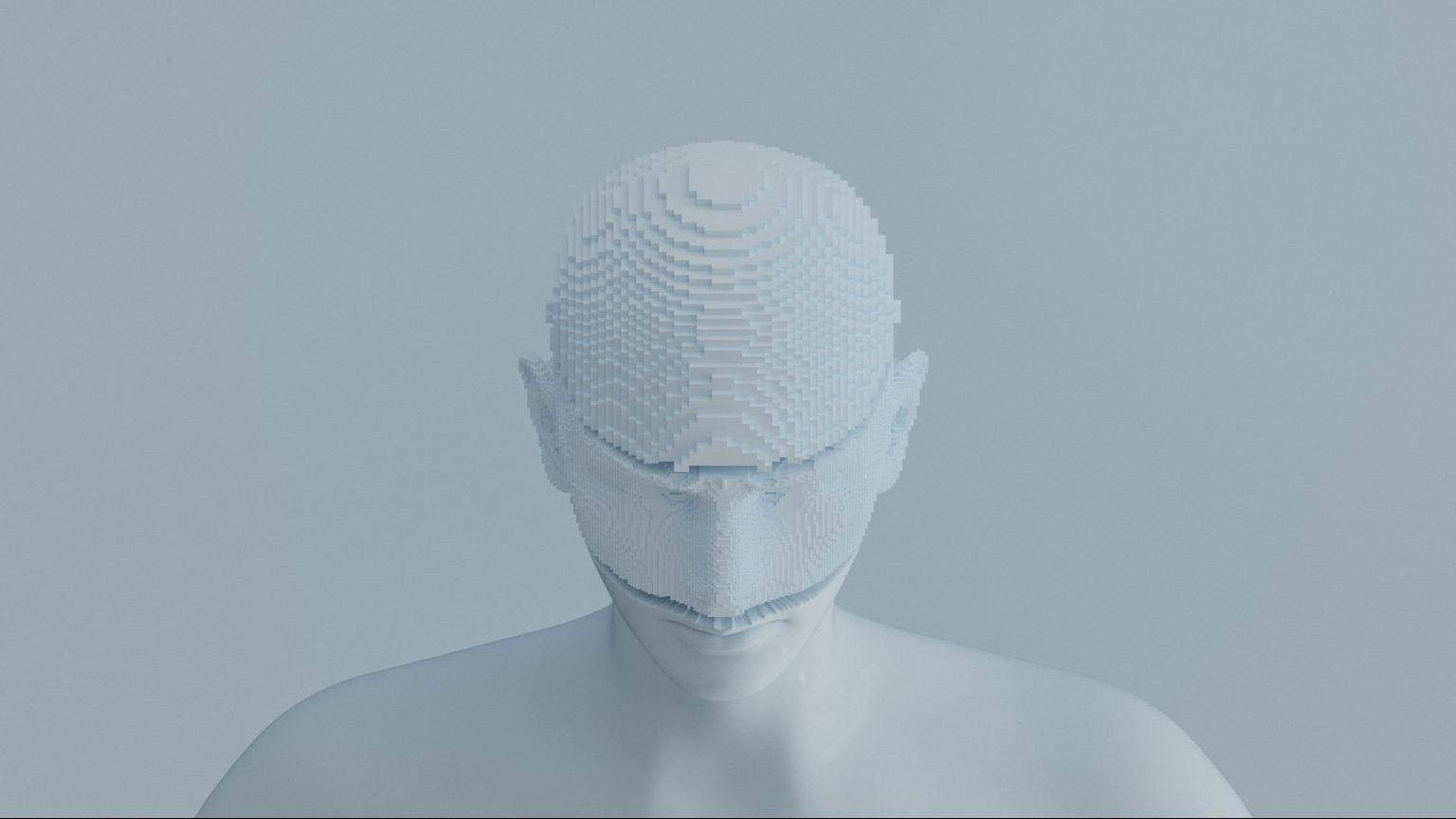If virtual reality frees us of our body, who will we become?

In the Bhagavad Gita, Krishna instructs the archer, Arjuna, not to be concerned about killing his cousins and friends on the battlefield. Arjuna was having an existential crisis and was unable to fulfill his duty as a member of the warrior caste. Krishna told him to man up. The war Arjuna was fighting was a righteous one, and besides, the great deity takes off and puts on human bodies like humans change clothing.
Millennia later, in the popular book, Autobiography of a Yogi
We often point to Descartes as ground zero for dualism, yet he merely gave form to an ancient concept appropriate to Western minds. There is no clear explanation for why we feel another “me” not bound by biology lives inside of my head, although I’ve found that agricultural rituals point at an important clue. Crops are planted, they bloom, harvest follows, then the death of the soil, before the cycle begins again. Even hunter-gatherer cultures experience a similar cycle when following the hunt on a geographically circuitous journey. That we’d apply this idea—a “return” of a sensation—to our selves makes sense.
Even if it no longer makes sense. With a few centuries of neuroscience behind us, no credible researcher would claim that consciousness is not body-dependent. Recent data suggest that there’s no singular progenitor of consciousness, however—it appears to be a system-wide phenomenon. As neuroscientist Michael Gazzaniga speculates in his new book, we may not even be able to discuss a single consciousness. Rather, we are constructed of numerous modules competing for awareness at any given moment.
We are each a confederation of rather independent modules, orchestrated to work together.
Gazzaniga isn’t the only neuroscientist with a new book. Antonio Damasio also recognizes the necessity of a body in producing the state of awareness we call consciousness. Like Gazzaniga, he recognizes that it is not the result of one particular function or region.
To privilege one of these neural sectors over the others in the making of consciousness would be folly, and so would ignoring the presence of the body proper, which the nervous system is in charge of serving.
And yet, despite the overwhelming evidence of the role of the body, it still feels like there is another me. In a conversation with Gazzaniga he even mentions the utility of such a sensation, such as providing comfort to mourners at a funeral. There are many phenomena that trick our brains into such a belief, such as the rubber-hand illusion and phantom limbs, the latter which I can personally attest to. (I lost a testicle due to cancer, and for a year afterward, it hurt in the same manner as before the surgery.)
One of the most popular arguments for dualism is out-of-body experiences, which also turn out to be a product of neural activity, with some researchers claiming it to be a form of synesthesia. In this case, deactivation of the visual cortex is partly responsible. This is similar to the deactivation that occurs during flow states, which create a sense of lightness or near-detachment as well.
Now we have a new avenue to detach with: virtual reality. In a unique study led by Ph.D. candidate Ryota Kondo and Toyohashi University of Technology professor Michiteru Kitazaki, visual-motor synchronicity of only your hands and feet, provided by VR goggles, includes a sense of ownership over an invisible body. We’re right back at the riverbank.
Research subjects viewed a pair of disembodied gloves and socks floating two meters away from them through goggles, which were synchronized (or not) to their own movements. Perhaps unsurprisingly, the subjects did not feel embodiment when the movements were asynchronous to their own. Yet when the floating appendages matched their movements, the line between their body and the screen dissolved.
While this particular experiment included only hands and gloves, assuming different avatars is a popular promise of VR more broadly. Kitazaki believes such an application could help individuals with body issues.
A person may have a negative feeling with his/her body, and he/she may want to have a different body from his/her current body. Virtual reality technology offers us the opportunities to have the different bodies that we desire.
Strangely, he also wants to move the technology completely away from the body, hoping to induce the same sensation of transcendence while only viewing empty space. He cites the Japanese idea of tamashii, “soul without a body,” an image that has been used in Anime since the genre began a century ago.
While it’s possible to both apply VR in a therapeutic setting as well as appeal to ancient fantasies, it’s hard to imagine this having real-world utility. Treating body image problems by pretending you’re not in the body you’re in doesn’t seem particularly helpful. Humans have been hoping to transcend their bodies since at least the advent of written language—early pre-yoga texts in India cite the physical body as a “meat casing,” with “real” spirituality resulting in its abandonment. Escapism is not exactly therapy.
We might have a new technology to feed this old desire, yet so many of our problems—obesity; addiction; dementia; certain forms of cancer and heart disease; environmental damage—stem from a disconnection with our physicality. Embodiment is key to understanding yourself. An occasional trip outside your biological borders, however illusory it might be, is not a bad thing. Yet this insistent drive to believe we can escape it fully certainly is.
—
Stay in touch with Derek on Facebook and Twitter.





